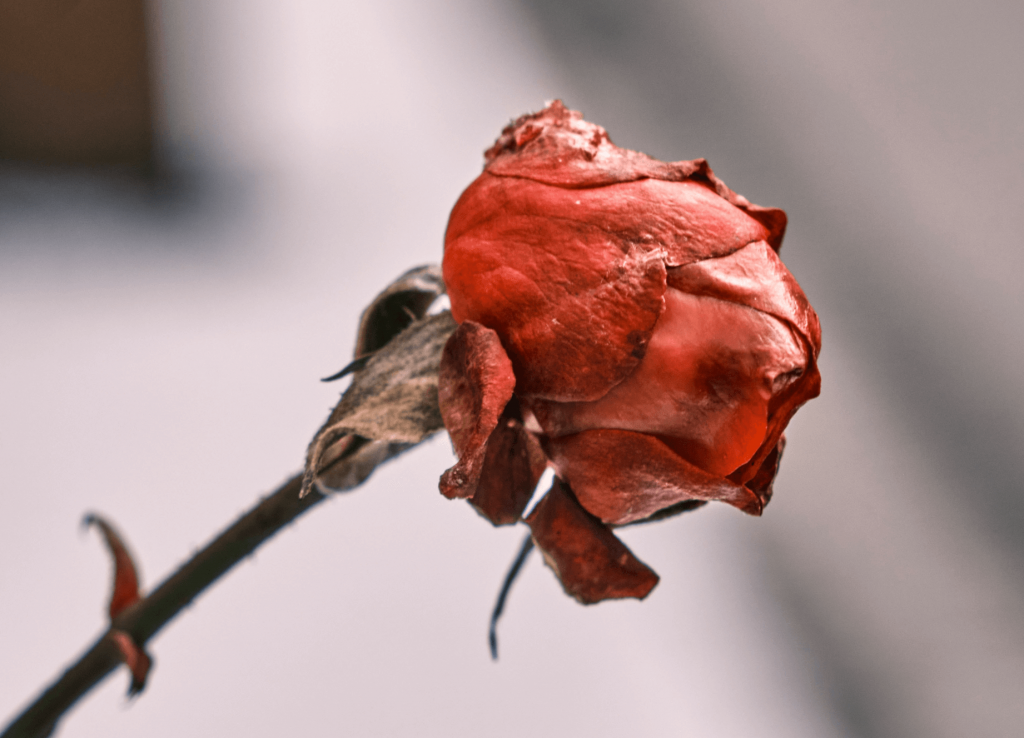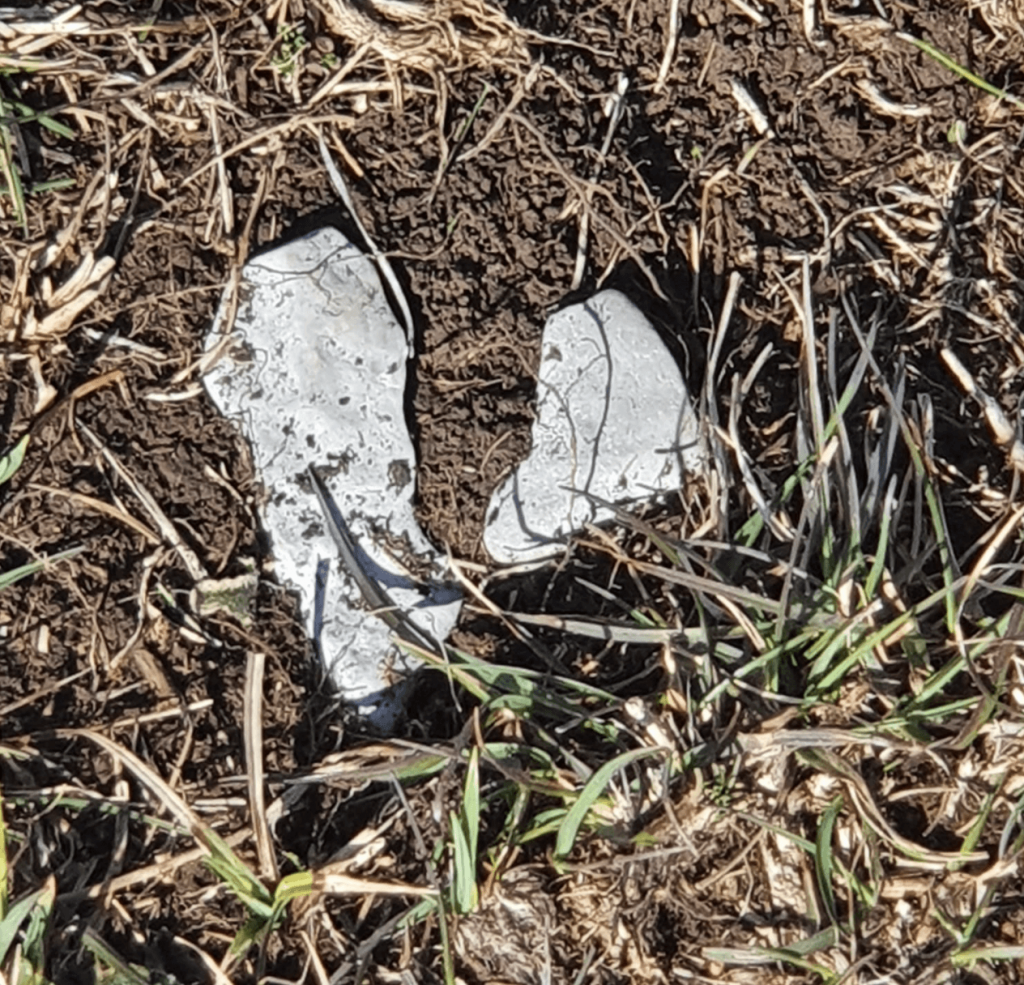
Main photo by Marcus Ganahl on Unsplash
25 April 2021
I am reading and/or listening to two startlingly wonderful books at the moment. Both make me sob and cry; my throat constricts, my shoulders slump and shake. Reading can be so physical and emotional.
The first book (that I am actually reading) is “Dear Life” by Rachel Clarke, a British Palliative care doctor. The second, that I am listening to, is “Between Two Kingdoms” by Suleika Jaouad, a mixed-race, America-born woman diagnosed with a violent form of acute myeloid leukaemia in her early 20s, just out of university. Both books are exquisitely written, (and read), blending medical details with literature, science with art, wisdom with practical tips, life with death, and love with grief. I heartily recommend them. I am close to the end of each book, and I want neither to end.
I feel like I know the world of Rachel well – hospices. Not as a medic, though I know palliative care doctors. But from being IN the hospice, both for the final days of two of my closest loved ones, from volunteering there, and training new volunteers to learn to “be” there. Everything Rachel writes I resonate with. That hospices are places of Living – living with a capital L. Yes, people die there. AND they are caring, loving, nurturing, compassionate places – full of love, life, dreams being fulfilled, right to the final breath. AND they are also full of anguish, sorrow, pain, loss, grief. Both and. One of the residents at La Maison de Tara, the hospice I know and love, said to me, “Yes – I came here to die, but I am more alive than ever”.

All of the end-of-life literature I have read (more than my fair share, I admit) highlights the importance of one fundamental truth about living and dying: We are all going to die. It’s the only thing in our lifetime that we all have to do. That we all will do. We know it, and yet too often forget it. So what does that teach us about how to live? Not just at the end of life, but each and every moment?

Suleika’s story is – thankfully – a far cry from my own experience – whether in terms of supporting others’, or my own health and well-being. But where I most resonate is in her poignant descriptions of “being healed” of her cancer, allowed to enter “the real world” again, and struggling to live among the healthy. The Grief, the fear, the wondering how to do it, having lost the skill of living. Carrying the rich wisdom gained from being at death’s door so many times, her awareness of the fragility of life, her myriad losses of sweet young friends through cancer. How to live, carrying all of that, and still not in your 30s? Missing her cancer-treatment structure life. Feeling like an imposter in her former, care-free life; no longer welcome in the cancer wards; and yet still unable to integrate in conventional modern society.
Between Two Kingdoms. The title of the book comes from Susan Sontag’s Illness as Metaphor: “Everyone who is born holds dual citizenship in the kingdom of the well and in the kingdom of the sick.” Suleika writes much of her book from the perspective and experience of being in the kingdom of the sick. Yet it is when she is allowed again to return – for how long – she doesn’t know, we don’t know, and none of us knows for ourselves – to the kingdom of the well, she struggles, unexpectedly.

The Grief of Survival. The Grief of Surviving. The Grief of Healing. Missing her Grief, having been companioned by it for so much of her adult life. I resonate with much of this.
I too miss the familiarity of intense Grief – though she still visits me often – more and more so and more violently for Julia; less frequently, more gently, for Mike and Ed and Don. I too experience Grief of Surviving. Grief of Survival. I have mixed feelings about “Healing” from Grief. Living with loss. Living with Mortality. Living with Heartbreak.
It’s all so very messy.

